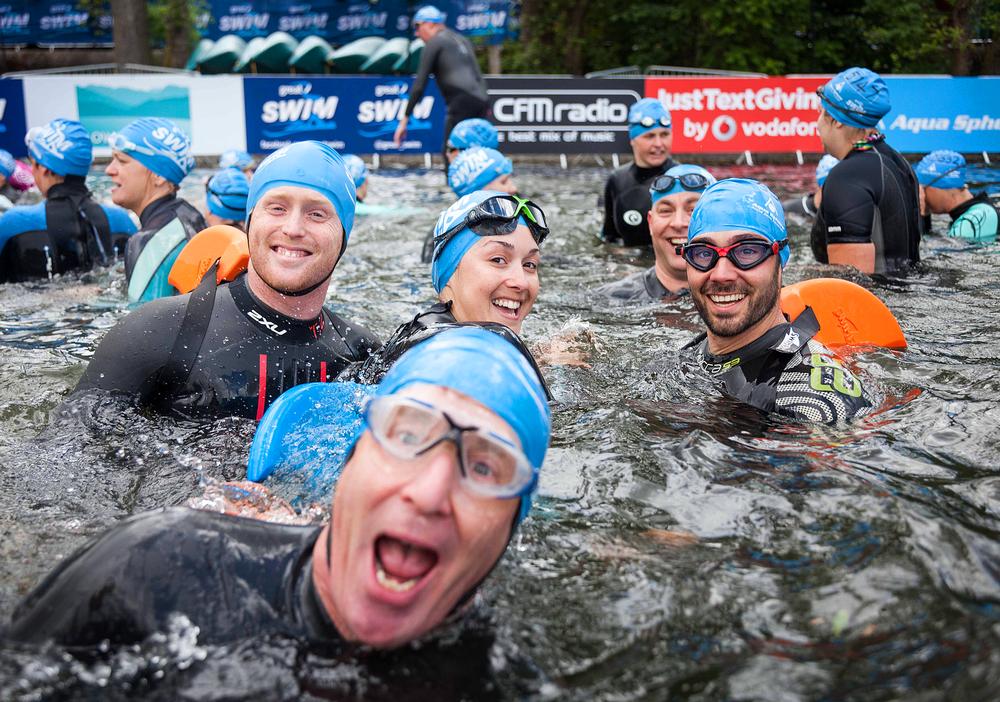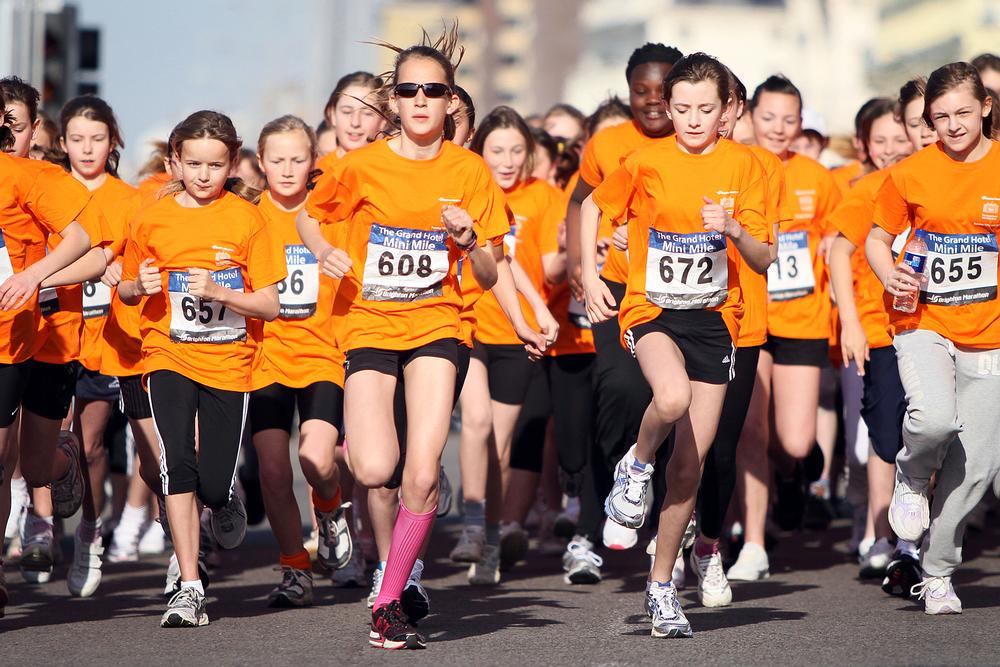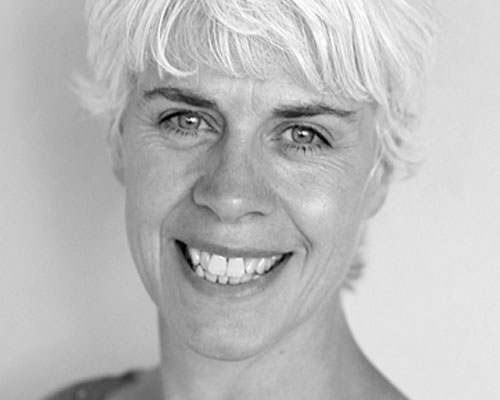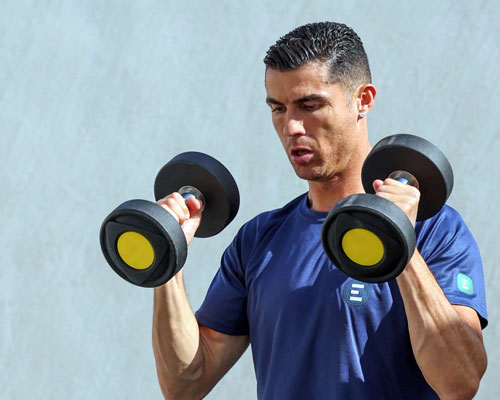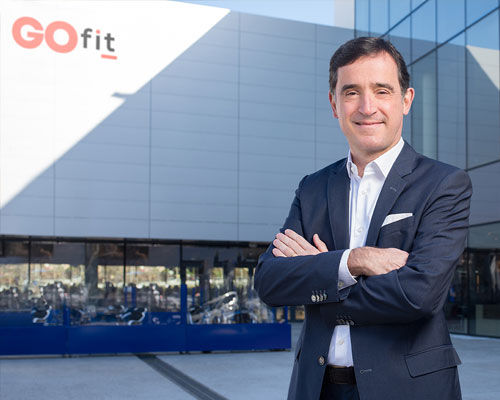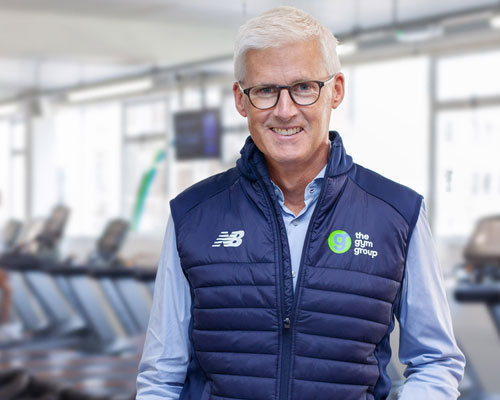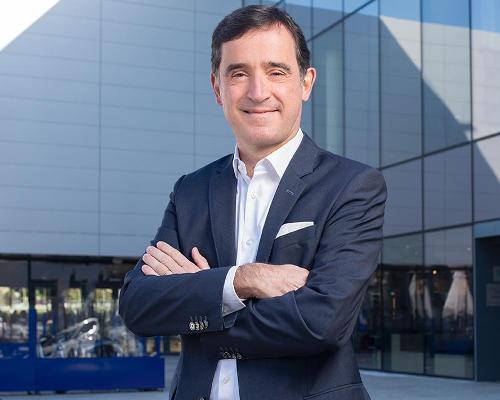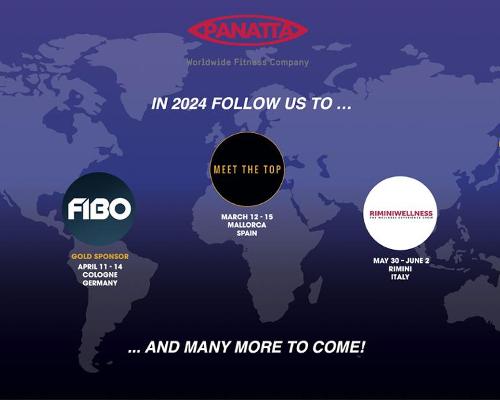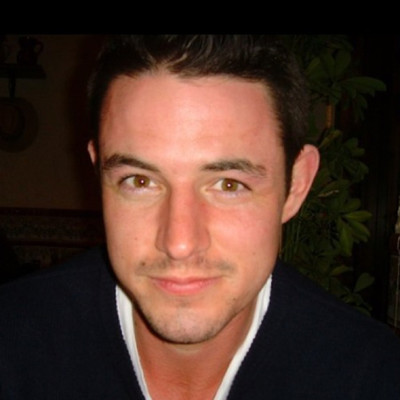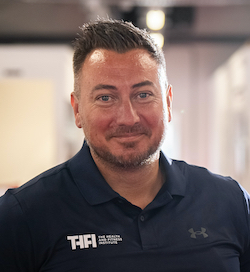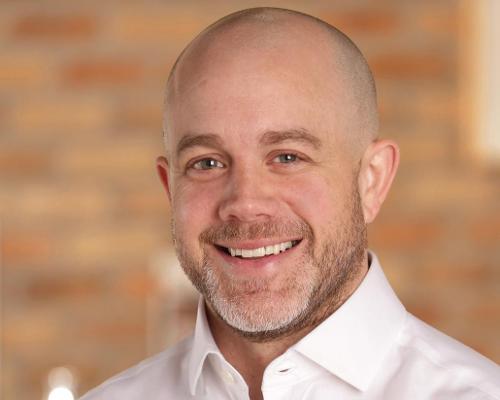features
Interview: Sir Graham Watson
The former Liberal Democrat MEP and now president of EuropeActive talks to Kate Cracknell about bringing added status to the health and fitness sector through international co-operation
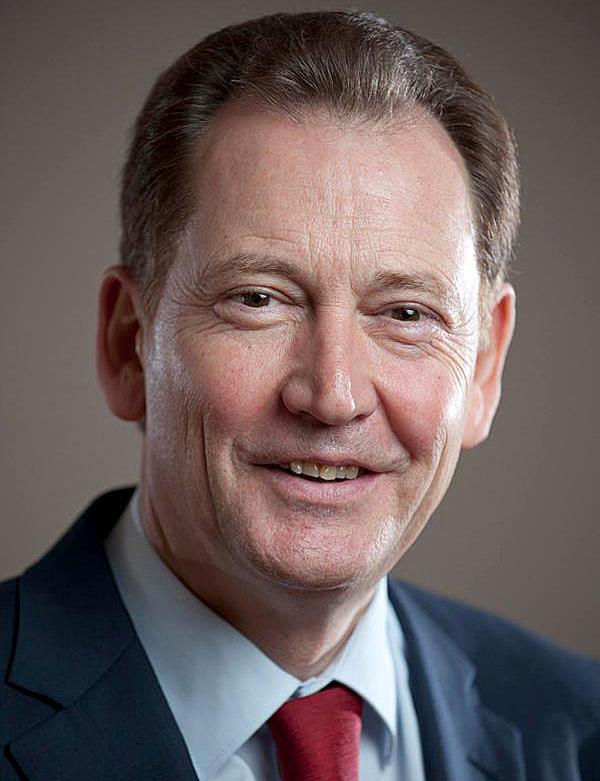
What’s your background?
Essentially I suppose I’m a communicator. I qualified in languages and graduated as an interpreter. I’d wanted to be an interpreter since the age of 15, but as soon as I became one, I realised I didn’t like it at all.
But I’d become quite politically motivated, essentially around the European Union and whether we should stay in – this was around the time of the 1975 referendum campaign. Forty years on we’ve come full circle.
I returned to Scotland and became involved in the Young Liberals, and three years later I was appointed head of the parliamentary private office to David Steel, then leader of the UK Liberal Party – a role in which I served for the duration of the 1983–87 parliament.
I then had an eight-year career in banking before returning to politics, serving as a member of the European Parliament from 1994 to 2014.
What has been your focus during your political career?
If I had to describe what I did during those 20 years in the European Parliament, and even before that, I suppose it was trying to convince people of the advantages of structured international co-operation. I’m not ideologically federalist. I’ve simply come to believe you can achieve far more through peaceful co-operation – by increasing trade and cultural links and sporting links and so on – than you can by going it alone and trying to dominate the world.
I think one of the greatest successes of the EU is really nothing to do with legislation. The EU is actually only 5 per cent legislation – the rest is exchange of best practice. It’s getting to know each other. It’s providing the framework within which people can come together to exchange experiences and ideas.
You became president of EuropeActive in April 2015. How did that come about?
I imagine EuropeActive wanted someone in this role who was experienced in building international structures.
I’ve been involved throughout my career in building co-operation between Liberal parties across the EU and around the world. I’ve also been involved on a non-party political basis: I was one of the founders of the Climate Parliament, for example, which is a global network of legislators working on climate issues.
And although I know very little about sport – my learning curve is vertical at the moment – I’m finding it very interesting to work with a group of national federations who believe they can advance their common interests, and the interests of their clients and members, by working together more effectively at a European level. I can bring a lot of experience in that respect.
How do you see your role?
I chair the board, and that role involves a certain amount of diplomacy between the different member organisations. They all have a common wider interest, but sometimes they differ on the specifics. I see my job partly as having to build a consensus between them about what they want to see in the organisation of fitness – how they want health and fitness to look at a European level – and representing that vis-à-vis the European institutions.
And do you have a picture yet of how that consensus might look?
In some areas, yes. To give an example, the European Commission has launched a programme on healthy ageing, and the fitness industry can have a huge input on that agenda. Since I’ve become chair, we’ve successfully bid to be a partner in various European programmes. It’s an area where the interests of business and society intertwine almost completely.
What else has happened since you joined EuropeActive?
One of the things I’ve persuaded the team to do is move its office much closer to the European Commission and Parliament. We’re trying to set up a more structured, permanent secretariat that’s close to the people it’s trying to influence.
We’re going to share offices with four other organisations that are active in sport and leisure, and we’re going to call it the European House of Sport. If EuropeActive is going to work to its optimum, it has to have a central forum in which all of its work is co-ordinated.
What impact do you believe EuropeActive can have?
The European Commission – despite the fact that most people in Britain think it’s a monster of bureaucracy sticking its tentacles into every area of their daily lives – is a relatively small outfit. It doesn’t want, and indeed doesn’t have, the capacity to organise and set standards for and police every industry that’s going. It wants these industries to do it for themselves as far as possible.
What we’ve therefore done with EuropeActive – and this work was going on before I joined – is taken what was essentially a federation of national fitness associations and turned it into a standards organisation. We’re saying to governments: we believe these are the standards that are needed for the industry to run professionally, and we’re developing and monitoring those standards.
I think one of the most valuable things we’ve done has been setting up the European Standards Council, developing standards in conjunction with the industry.
What’s your SWOT analysis of EuropeActive?
The strengths are that the federations have already started to do things together, and EuropeActive has started to engage in discussions with the institutions of government at a European level. The basic platform is there.
One of the weaknesses – which would apply I think to any organisation in this area – is things are sometimes dominated and swayed by strong characters who perhaps don’t always represent the mainstream of opinion in their industry. Part of my job as EuropeActive chair is trying to balance these characters and their wishes with the general needs of the organisation.
Opportunities are huge. The challenges of an ageing society are becoming acute, which means we have to do something about it – but you can’t assume that just because there’s a need, governments will respond. We’re coaxing, cajoling, encouraging governments to respond with the support of the industry.
The main threat to any organisation like this at Brussels level is how to maintain sufficiently regular income and a sufficiently rigorous financial management. Because operations like this normally work on a shoestring. Can you maintain that? Can you be seen to be effectively and responsibly managed, so you’re a reliable partner for institutions like the European Commission?
Anther threat – I’d call it more of a challenge than a threat – is how do you bring together people who are commercial competitors? How do you balance the relations of people who are desperately competitive? What you do is you engage people on a level where they’re intellectually getting something out of what you’re offering.
What’s your vision for EuropeActive and an active Europe?
At a societal level, across the continent, we need to drive awareness of the need for personal fitness, as well as driving actual levels of personal fitness. Ours is already a growing sector, but can we push it to grow a little faster, creating the conditions in which government will support that? If we do, we’ll keep down taxes and health costs tremendously over the next 10 years.
ukactive is a leader in lobbying government in the UK; we now need the federations in every member state to lobby their governments as effectively. If we can then put the icing on the cake at European level, we can achieve a lot.
But that’s my vision for society. My vision for the industry is a slightly more limited and I hope a very practical one. I want to make EuropeActive genuinely representative of the whole spectrum of the industry, ensuring members are fully reflective of the industries in their own countries. And I want to make sure we’re effective and respected by government, so we’re seen as a natural partner.
In July, there was an informal meeting of sports ministers from 28 countries. A number of sports federations were invited to attend – tennis, football, rugby… but we weren’t invited. I think, because the fitness sector has been quite decentralised – it hasn’t been hugely structured because it involves individuals rather than team sports – it’s tended to be the Cinderella of physical activity. The vision I have, and the opportunity I see, is to lift it up to the level of more recognised sports.
EuropeActive has a stated goal of 80 million members across Europe by 2025. Is that achievable?
I think it’s perfectly achievable. It’s certainly ambitious, but if you don’t set your sights high you’ll never achieve anything. As Michelangelo once said, the greater danger for most of us lies not in setting our aim too high and falling short, but in setting our aim too low and achieving our mark. Eighty million is very ambitious, but not impossible. With the right level of commitment and the right level of organisation, we can get there.
Introducing…
Sir Graham Watson
Current
• President of the Party of Liberals and Democrats for Europe
• President of the global Climate Parliament
1994–2014
Member of the European Parliament for SW England & Gibraltar
• 1999–2002 - chair of the EP’s Justice & Home Affairs Committee
• 2002–09 - leader of the EP’s Liberal and Democratic Group
• 2009–14 - chair of the EP’s delegation for India
1988–94
Senior executive posts with HSBC Group in Hong Kong and UK
1983–87
Head of the parliamentary private office to the UK Liberal leader
1981–83
Communications executive at a Scottish science institute
1979–81
Interpreter and translator in Berlin, Brussels and London
